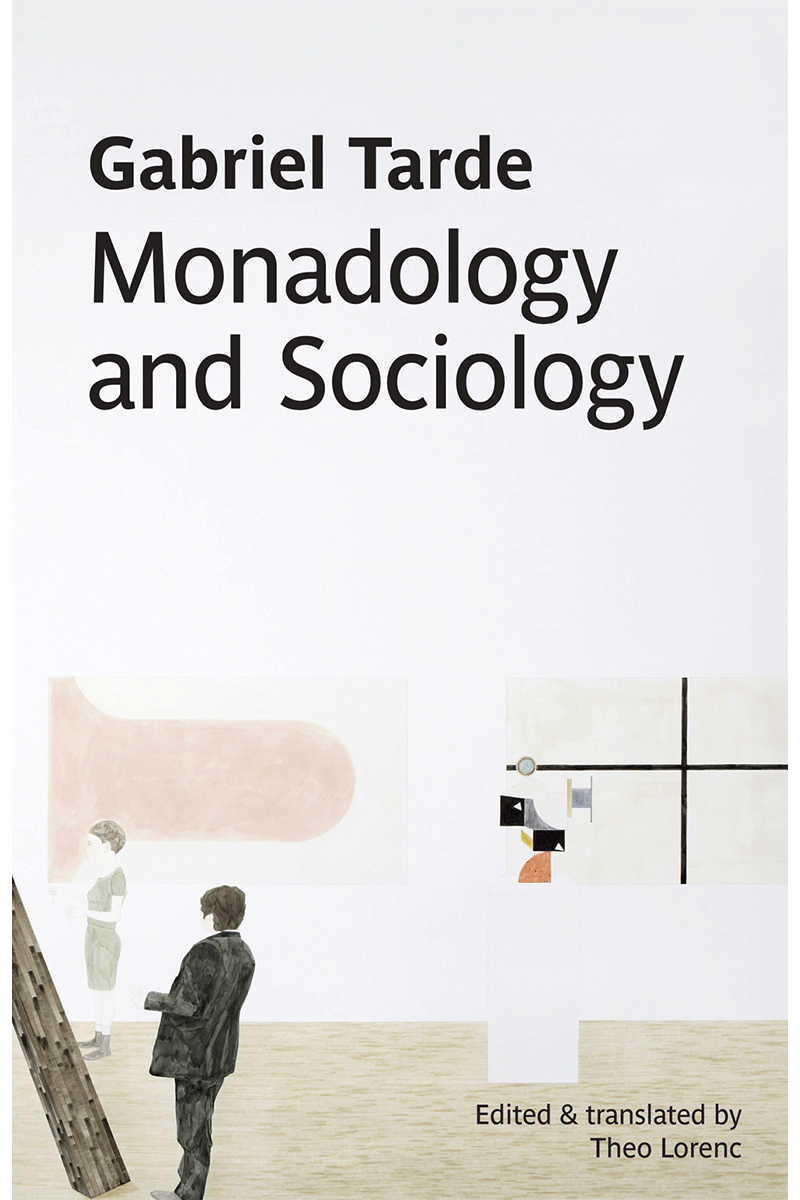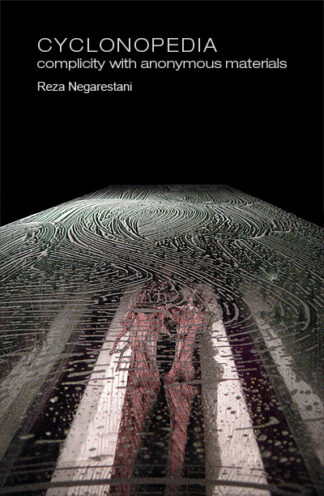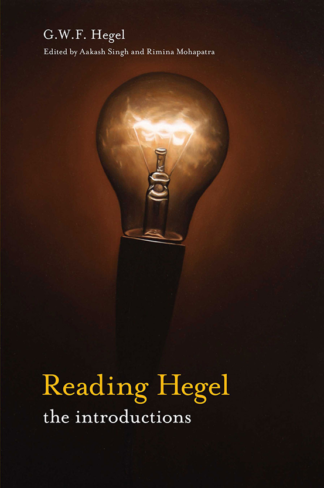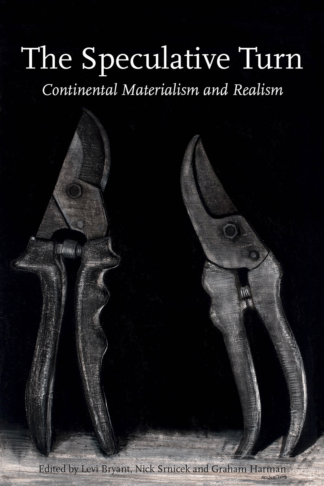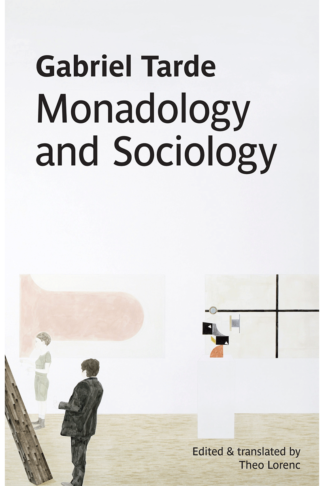Monadology and Sociology
$30.00
Gabriel Tarde, Theo Lorenc (ed. & trans.)
Gabriel Tarde’s Monadology and Sociology, originally published in 1893, is a remarkable and unclassifiable book. It sets out a theory of ‘universal sociology’, which aims to explicate the essentially social nature of all phenomena, including the behaviour of atoms, stars, chemical substances and living beings. He argues that all of nature consists of elements animated by belief and desire, which form social aggregates analogous to those of human societies and institutions. In developing this central insight, Tarde outlines a metaphysical system which builds on both classical rationalist philosophy and the latest scientific theories of the time, in a speculative synthesis of extraordinary range and power.
